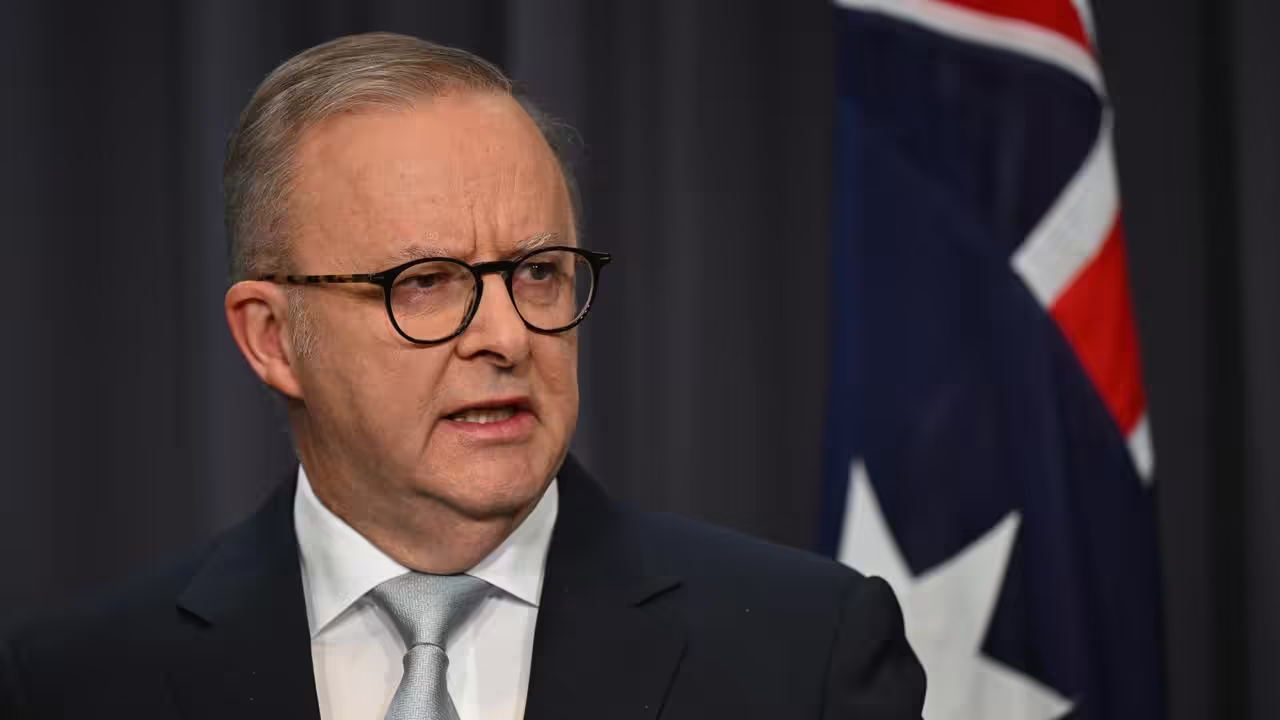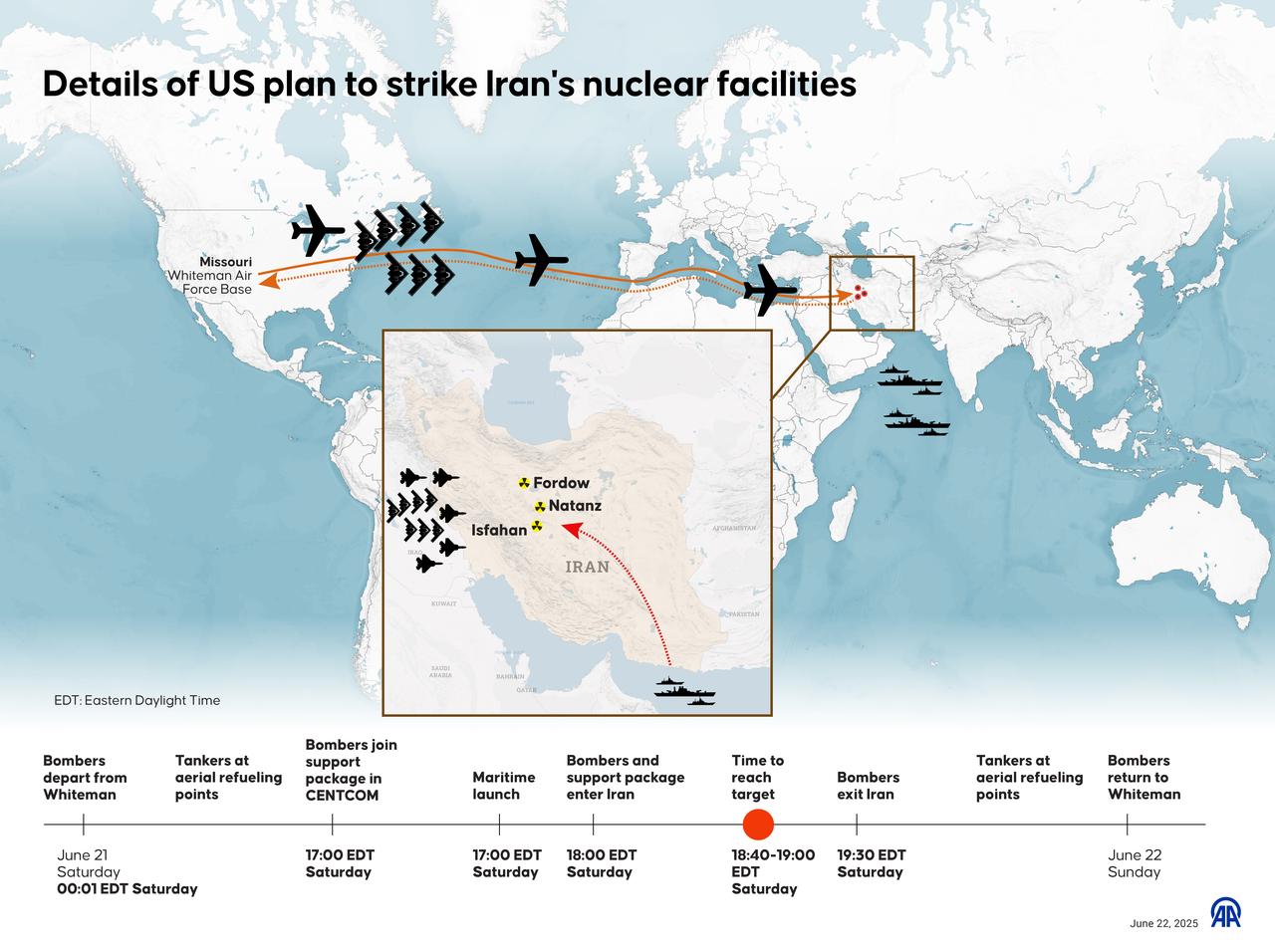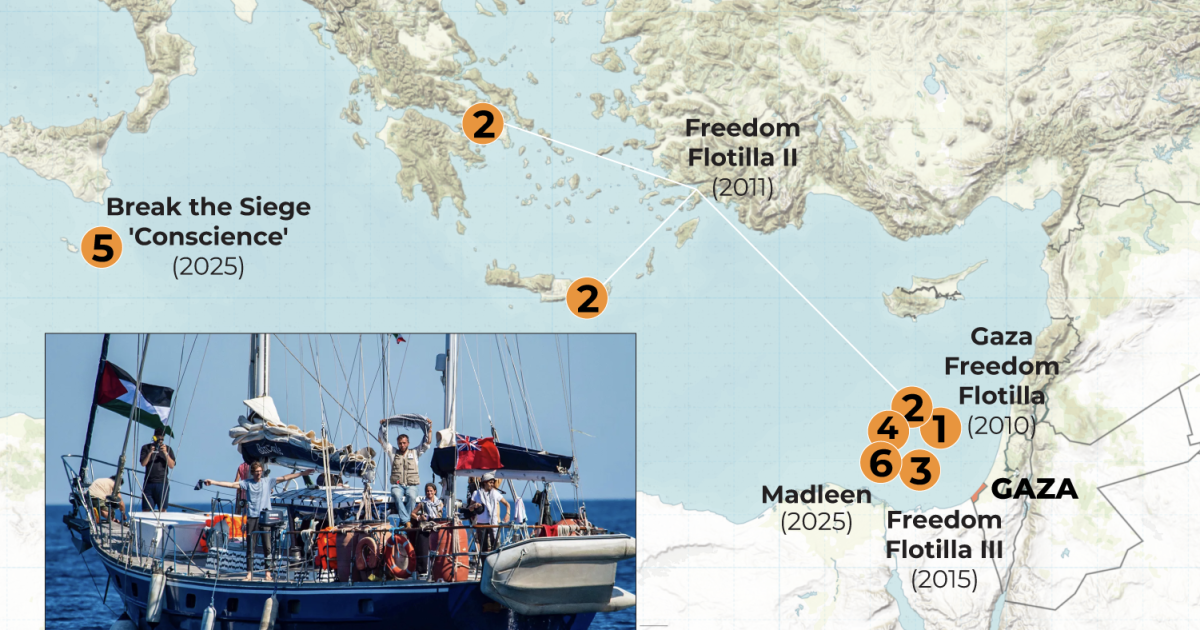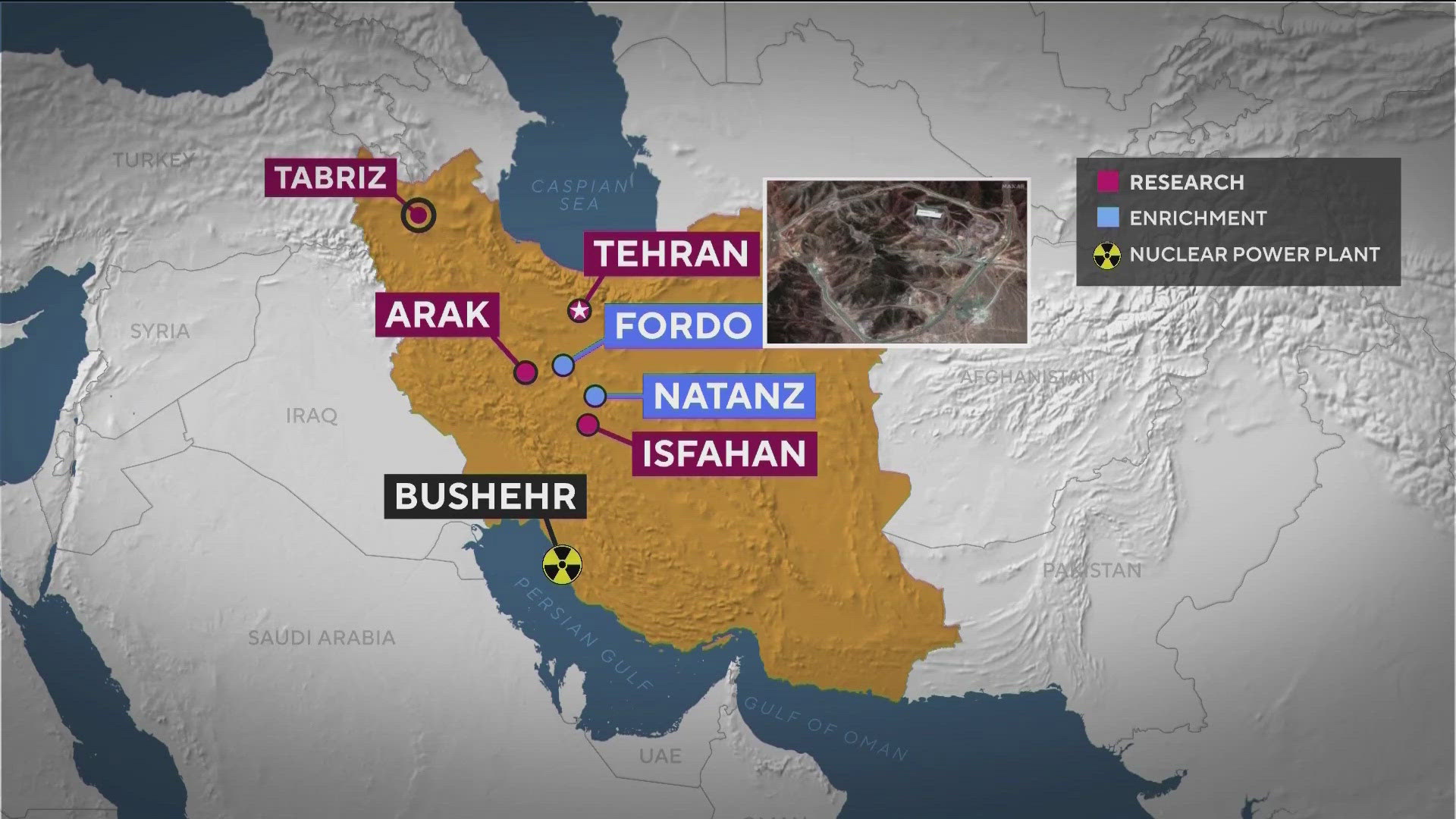PM of Australia : Rising Tensions Force Australia to Rethink Its Global Role
PM of Australia
The global stage has once again shifted into a volatile phase, as Australia becomes entangled in the aftermath of a US-led military action targeting Iranian strategic sites. Although the government officially expressed concern, within the political establishment have quickly come to light. Some leaders firmly support Washington’s actions, while others argue that it violates international norms and risks regional destabilization.
Australia now finds itself navigating complex waters. On one hand, the nation has long been a loyal ally of the United States. On the other hand, growing domestic voices, including those from humanitarian and international law circles, have demanded a more independent stance. As global scrutiny increases, Australia’s dual response has raised eyebrows at home and abroad.
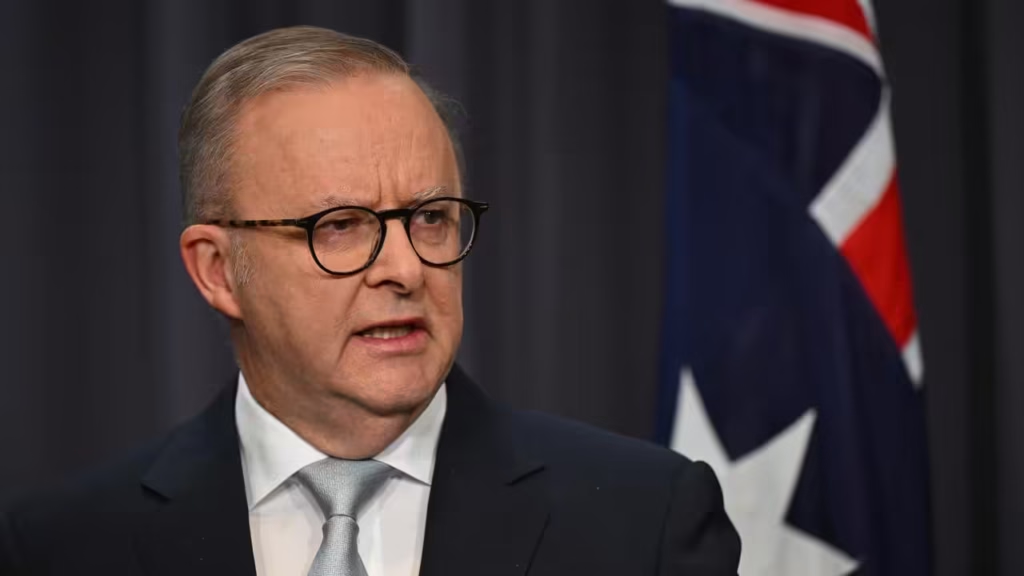
Historical Alliance Pressures Government Decision-Making by PM of Australia
Over the years, the Australia–United States alliance has been a cornerstone of Canberra’s foreign policy. However, this latest military escalation has presented a challenge unlike any seen in recent decades. Traditionally, bipartisan support has underpinned Australia’s cooperation with the US on military matters. Yet, in this instance, partisan cracks have widened considerably.
While Prime Ministerial representatives have reaffirmed their support for American defense strategies, other senior figures across the political spectrum have publicly condemned the operation. These contrasting stances illustrate how international events can polarize even the most stable governments.
Diplomatic Statements Reflect Deep Uncertainty
Immediately after the US-Israel joint strike on Iranian targets, Australia’s foreign minister issued a cautious statement. While acknowledging the gravity of the situation, the minister also called for restraint and give the resolution. Nevertheless, pro-alliance officials appeared on various media outlets to justify the offensive as a necessary deterrent against growing Iranian aggression.
Conversely, several opposition lawmakers used this opportunity to criticize what they described as Australia’s “unquestioning obedience” to US foreign policy. They argued that Canberra must place national interests above alliance loyalty, especially when actions could provoke broader conflict across the Middle East.
PM of Australia : Public Sentiment and Political Fallout Grow
As media outlets continued to analyze the government’s position, public opinion began to shift. Peace advocates, policy think tanks, and former joined the national conversation, urging a stronger emphasis on mediation rather than military intervention. Consequently, protest gatherings formed in several capital cities, calling for transparency, debate, and parliamentary review of Australia’s foreign involvement.
Meanwhile, veterans’ organizations and defense analysts warned against distancing from the US at such a critical time. According to them, a stable and coordinated alliance remains vital in an increasingly unpredictable geopolitical environment.
PM of Australia : Australia’s Strategic Dilemma in the Indo-Pacific
Although the crisis centers on Iran, its effects ripple into the Indo-Pacific region, where Australia has substantial interests. As a regional middle power, Australia must balance its global partnerships with its local responsibilities. Consequently, any dramatic shift in foreign policy could disrupt current defense strategies in the South China Sea and Pacific Islands.
At the same time, China and Russia have openly criticized the US-Israel action, and Australia’s perceived alignment may affect its standing with major non-Western powers. As a result, Canberra must weigh its statements and military moves very carefully.
International Reactions Complicate Australia’s Stance
While Washington and Tel Aviv have praised each other’s “decisive cooperation,” the broader international community remains. European nations issued calls and expressed concern over the legality of the strike. Meanwhile, leaders from the United Nations urged all parties to de-escalate and return to negotiations.
In this complex atmosphere, Australia’s mixed response appears both strategic and cautious. Though it has chosen to support its allies verbally, it has not committed to any military contribution, nor has it issued strong criticism. This middle-ground posture, however, may not be sustainable in the long run.
Conclusion: A Nation at a Crossroads
Australia’s reaction to the US-Israel strike on Iran has laid bare the internal conflicts within its government and the competing pressures it faces on the world stage. As global tensions increase, and as transition words like “however,” “nevertheless,” and “consequently” become part of the policy, Australia will have to define its path with clarity.
Choosing over confrontation may earn it moral respect, but alliance obligations could demand more assertive action. Whatever course is chosen, it must reflect the will of the Australian people and the broader vision for a peaceful, stable international order.

